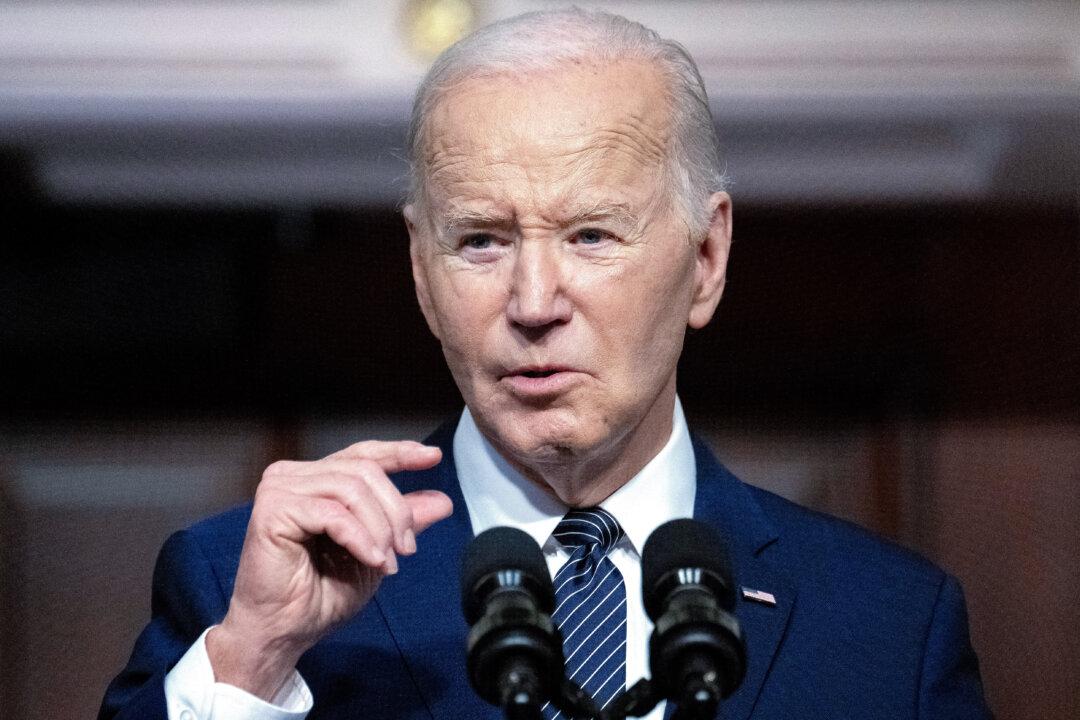President Joe Biden’s administration announced a new round of sanctions on April 18, intended to punish key figures in Iran’s drone programs after those weapons systems were used to strike Israel on April 13.
“Less than a week ago, Iran launched one of the largest missile and drone attacks the world has ever seen against Israel,” President Biden said on April 18. “Together with our allies and partners, the United States defended Israel. We helped defeat this attack. And today, we are holding Iran accountable—imposing new sanctions and export controls on Iran.”





